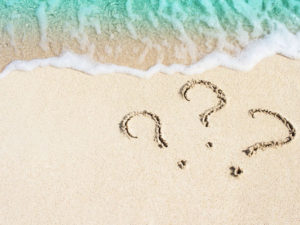
How to Misuse Punctuation Marks
What is it about punctuation marks that cause so many bad sentence constructions? You know the sentences I’m talking about. They’ve got random commas, missing quotation marks, and way too many exclamation points. To make matters worse, some writers break the rules and get away with it while others are chastised for doing (what appears…Read More

Homophones, Homonyms, and Homographs
They perplex us, confuse us, and make our heads spin. If you thought learning how to correctly spell words that sound alike was difficult, wait till you try to learn the terms for describing those words. Homophones Homophones are words that are pronounced alike but have different meanings. Some examples are accept and except, affect…Read More
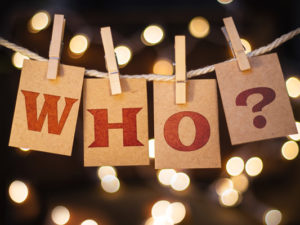
Grammar Rules: Who vs. Whom
It sounds old-fashioned: To whom have you sent those letters? Modern colloquial speakers expect something more along the lines of Who did you send those letters to? While whom may sound outdated, it is still the technically correct word in certain situations. Let’s examine the rules and practices surrounding who vs. whom. One of our…Read More
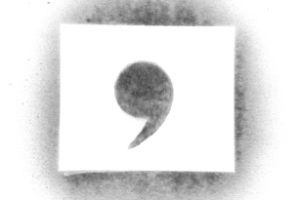
Punctuation Marks: The Comma
For such a little punctuation mark, the comma causes an awful lot of confusion. Some writers are too liberal with commas, sprinkling them about like nuts on an ice cream sundae. Other writers hoard their commas and avoid using them whenever possible. Why are these punctuation marks so widely misused? Why are we, collectively, so…Read More
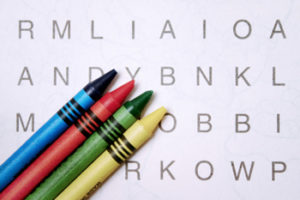
What is a Homophone?
Homophones are those annoying words that sound exactly alike but have different meanings and are often spelled differently. They give English teachers nightmares, cause headaches for students, and drive editors crazy. We writers need to be diligent about homophones because spell-check won’t catch them, and many readers cite misspelled homophones as pet peeves. And we…Read More
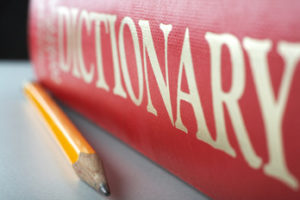
Grammar Rules: That and Which
There’s a lot of confusion about that and which. These two words are often used interchangeably, even though they’re not necessarily interchangeable. Historically, that and which may have carried the same meaning, and some English dialects may allow for that and which to be swapped without affecting the meaning of a sentence. However, in American…Read More
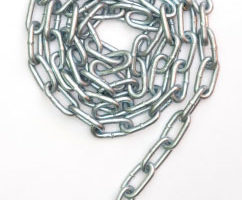
Punctuation Marks: The Serial Comma
When you use commas to separate items in a list or series, do you include a comma before the conjunction near the end of the list? For example: I write poetry, fiction and creative nonfiction. (This sentence does not use a serial comma.) or I write poetry, fiction, and creative nonfiction. (This sentence does use…Read More

Homophones for Music Lovers: Turn up the Bass and Play a Chord
Homophones are words that sound alike but have different meanings. Many homophones also have different spellings, and all too often, people mix them up. The result is an onslaught of misspellings throughout the written universe. Although these mistakes are understandable, they are problematic since they are contagious. If someone sees a homophone used incorrectly or…Read More

Grammar Rules: Lay or Lie
One of the most common grammatical mistakes that we see in both speech and writing is misuse of the words lay and lie. This error is so common, it even slips past professional writers, editors, and English teachers — all the time. Maybe eventually these two words will morph into one and have the exact same meaning,…Read More
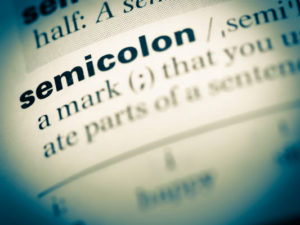
Punctuation Marks: How to Use a Semicolon
Lots of people aren’t sure how to use a semicolon. The semicolon might be the most misunderstood punctuation mark in the English language. This dot-comma combination is often used where a period, colon, or even a plain old comma belongs. Underused and often abused, the semicolon is useful in a number of writing situations. Although…Read More



